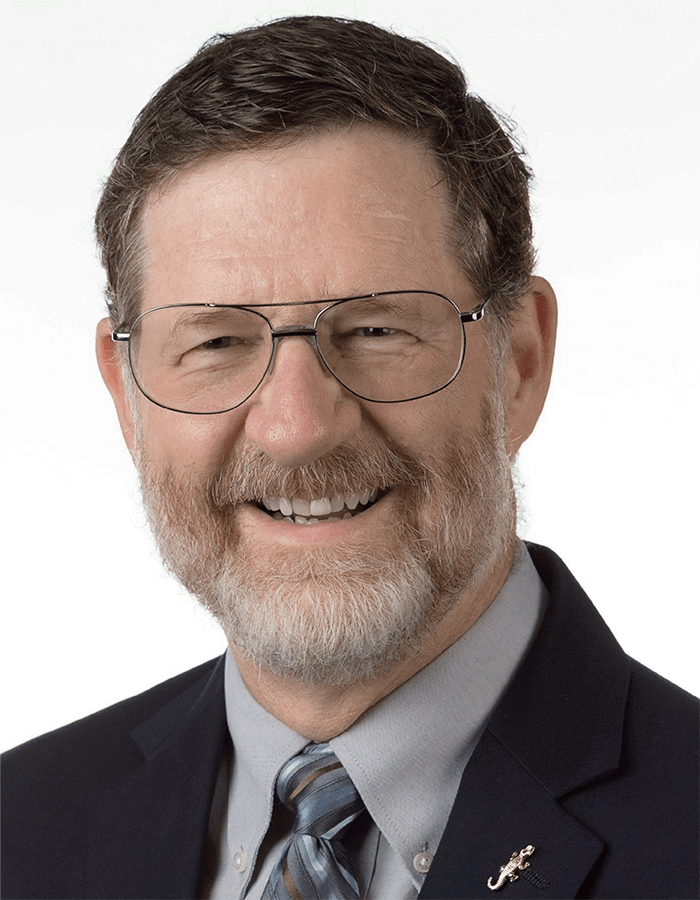In “Mass Spec from The Analytical Scientist – Issue 39” (shameless plug to subscribe here), I asked for your thoughts on an apparent knowledge gap in the mass spec world. Here’s an excerpt:
“‘I believe that the lack of analytical scientists with experience and training in advanced MS techniques is hindering the growth of academic and industrial organizations,’ added Daniel DeBord. ‘It is very difficult to find candidates with the necessary skills to succeed at developing and using analytical instrumentation.’
“So, it got me thinking… Is the increased accessibility of mass spec instruments a good thing or is it leading to a severe loss of knowledge? Should we be worried about the next generation of mass spectrometrists? Dear readers, I would love for you to share your thoughts on this topic.”
Rick Yost, Professor Emeritus, Analytical Chemistry at University of Florida, US, got back to me with a wonderful reply:
“When I attended my first ASMS Annual Conference as a new grad student way back in 1976 in San Diego, there were perhaps 600 attendees, and it was clear that all (or nearly all) of them were “mass spectrometrists” – that is, individuals who understood, or at least wanted to understand, what was happening inside the mass spectrometer. And that was indeed necessary to be able to use a mass spectrometer properly, because at that time it was operated with an array of knobs and gauges, producing very raw data, typically on roll of paper from a stripchart recorder. That was quite an insight for a new grad student (not yet a mass spectrometrist) who was thinking about the role of computers in the design of next-generation mass spectrometers.
“When I started my faculty career at the University of Florida in 1979, one of my concerns was that we would never be able to produce enough “mass spectrometrists” to know how to use all those mass spectrometers that were becoming much more common in analytical labs. And I was concerned that the lack of trained mass spectrometrists would hold back our field.
“Over the next decade, however, computers to control the instruments and aid in interpreting the data made it possible for “non-mass spectrometrists” – or perhaps “mass spec users” – to perform quality mass spectrometry. And that was reflected in a dramatic increase in attendance at ASMS Annual Conference – with 1800 attendees at the Tucson meeting in 1990. One of my colleagues pointed out the dramatic increase in the number of mass spectrometrists at the conference, but I argued that the number of mass spectrometrists – again individuals who understood or wanted to understand what was happening inside the mass spectrometer – had increased only modestly. The majority of the attendees were mass spec users. And that was good for our field.
“I believe that one of the success stories of the ASMS Annual Conference – with close to 7000 attendees these days – is that it successfully integrates the mass spec users who are most concerned with how to solve analytical problems with the mass spectrometrists who are most concerned with fundamentals and instrumentation. That crossover – with a poster describing a new way to ionize biomolecules right next to a poster describing a new LC-MS/MS method for quantifying a drug in urine – and both of them across from a booth of a vendor who designs mass spectrometers using those advances to better address such applications – has helped propel mass spectrometry to the forefront of modern analytical science. Even those who want to use mass spectrometers to solve an analytical problem benefit from learning more about fundamentals and instrumentation. And we design better mass spectrometers and do more important fundamental studies when we learn more about how mass spectrometers are used to solve important problems.
“Nevertheless, I agree with Daniel DeBord that the demand for analytical scientists with experience and training in advanced MS techniques exceeds the supply of such individuals. That makes it a challenge for any organization – whether an instrument company, a pharmaceutical company, or a university – to find scientists with the necessary education and experience to succeed at developing new mass spec instruments or using them to solve important problems. I don’t think this is in any way a new problem, but it does warrant a conversation about ways to address the problem, including those of us who educate young mass spectrometrists – and mass spec users – and those who recruit them. I look forward to that conversation!”





